12th, September 2019 | Oh Jinna
Six Causes of Watery Eyes and What You Can Do About It
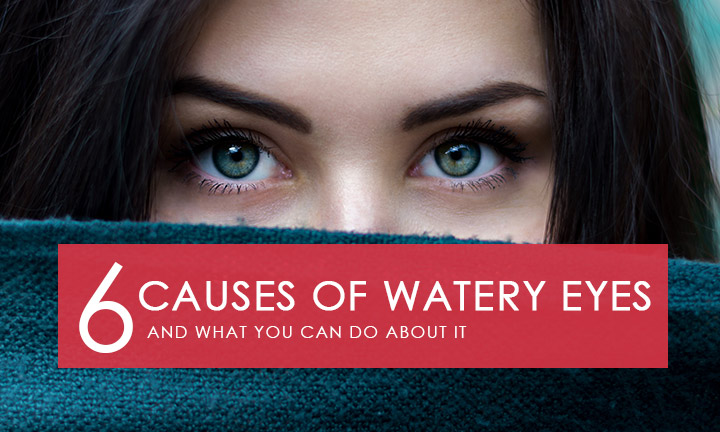
There is almost nothing to worry about having occasional watery eyes as it is our body’s own defense from external objects that could get into our eyes. These possible harmful objects are flushed out from our eyes with the help of the lacrimal glands in our eyes.
Lacrimal glands continuously produce tears to protect the surface in your eyes as well as moisten and lubricate it. Thus, having occasional secretion of tears from these glands is as common and normal as it can get.
It only becomes a problem when your eyes start to produce excessive tears. There are several underlying causes and factors that result in the overproduction of tears.
But before we get to the ways to treat watery eyes, let us discuss the causes of this syndrome first. Once you get to identify the root of your problem, it will then be easier for you to find a treatment.
Here are the six possible causes of watery eyes:
Allergies

An allergy starts when your system reacts to foreign substances, which are not typically harmful to most people. Although symptoms vary from person to person, having conjunctivitis is one of the most common manifestations of allergies.
In detail, an allergic conjunctivitis is an inflammation in the conjunctiva, the transparent membrane that shields your eyeballs. This inflammation causes intense tearing and itching of the eyes, which then make your eyes appear red and swollen.
Blocked Tear Duct

When your tear ducts are either partially or completely blocked, it becomes hard for your eyes to drain tears normally. An injury or infection can be the cause of blocked tear ducts.
In other cases, the long-term use of medications like eye drops can also cause the clogging.
A blocked tear duct is not always a serious condition. There are several ways of treating this, and it depends on your age and the severity of the problem.
Scratch on the Eye
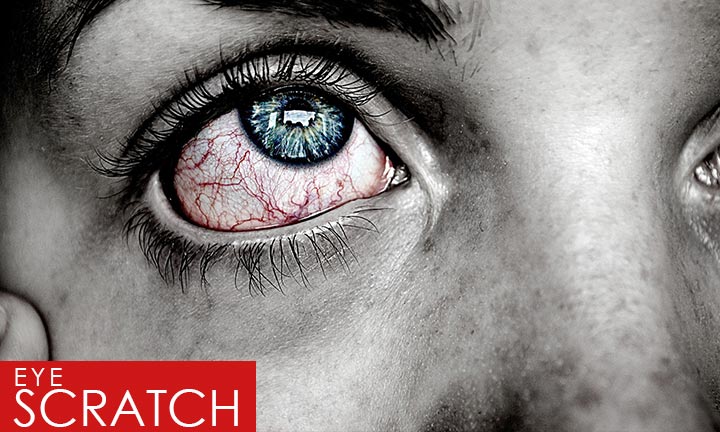
No matter how much you prevent it, it is still almost unavoidable to have foreign objects get in contact with your eyes.
Dust, sand, and pollens can scratch the outer surface of your eyes, especially when not immediately removed. If this occurs, your eyes produce tears to flush out what does not belong.
Additionally, applying contact lenses can also result in watery eyes. To avoid irritations, it is important that you are well-informed of the entire process of applying contacts.
Not sure if you are doing it right? You may go over this definitive guide to know more about how to properly wear contact lenses.
Dry Eyes
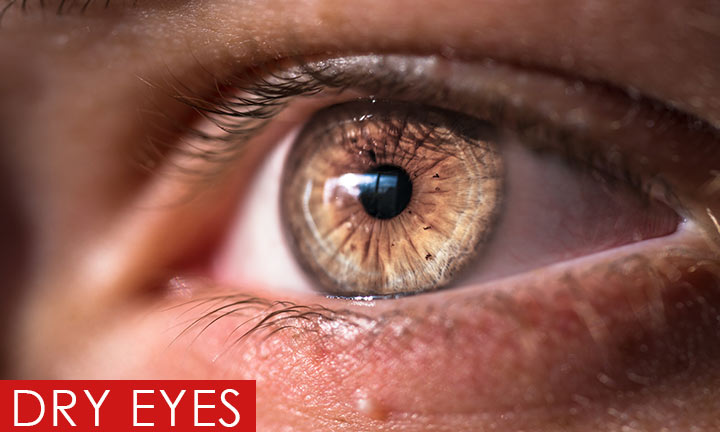
As contradictory as it sounds, dry eyes actually make your eyes watery. To specify, dry eyes is a condition where the eyes do not produce enough tears for lubrication.
As a result, you experience a stinging, burning, and a generally uncomfortable situation. As your eyes get irritated, your body responds through over-producing tears, which then causes redness of the eyes.
Your age, diet, and lifestyle are one of the factors that make your more likely to experience dry eyes. This condition is more common to older people since the ability to produce tears tends to lessen with age.
Blepharitis
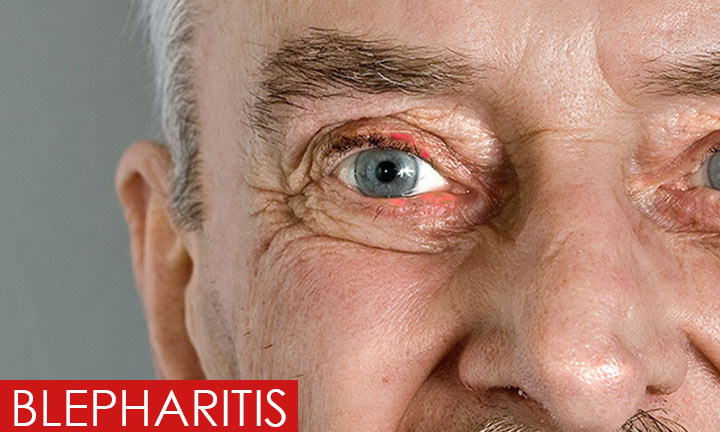
Blepharitis is a condition that affects the part of the eyelids where eyelashes grow. This usually occurs when the oil glands are clogged, which then leads to redness and inflammation.
Blepharitis can sometimes be a chronic condition. Depending on the severity, it can also be difficult to treat, uncomfortable, and unpleasant to look at. However, it does not cause permanent damage to your eyesight nor it is contagious.
Other Causes
Aside from the things already mentioned above, several other things can also result in the excessive production of tears. The following medical conditions may affect your eyes’ ability to lubricate:
– Bell’s Palsy
– Toxic chemicals in the eye
– Chronic Sinusitis
– Stevens-Johnson Syndrome
– Thyroid disorders
– Tumors
Medical treatments such as chemotherapy and radiation therapy are also linked to watery eyes.
Six Ways to Treat Watery Eyes
If you have already traced the possible cause of your problem, you can then easily identify the remedies to healthier eyes. In this case, here is how you can manage watery eyes:
Wash your hands often.
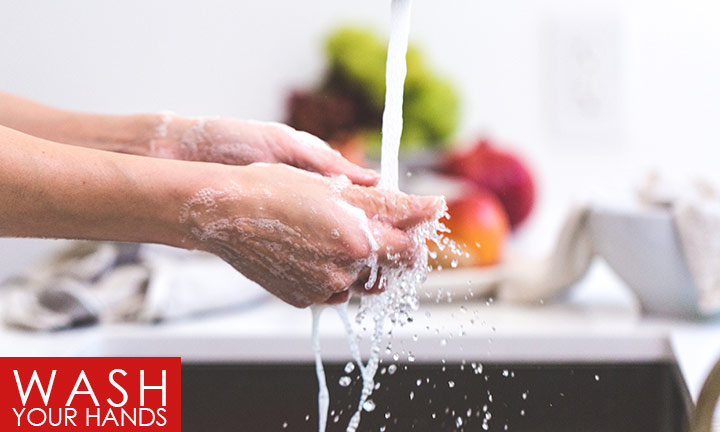
Probably the best and simplest way to avoid any sort of eye infection is through washing your hands as often as you can. With this, you wash off viruses and foreign objects that may lead to eye infections.
You can also prevent spreading eye infections to anyone by washing your hands with clean soap and water.
Avoid touching or rubbing your eyes.
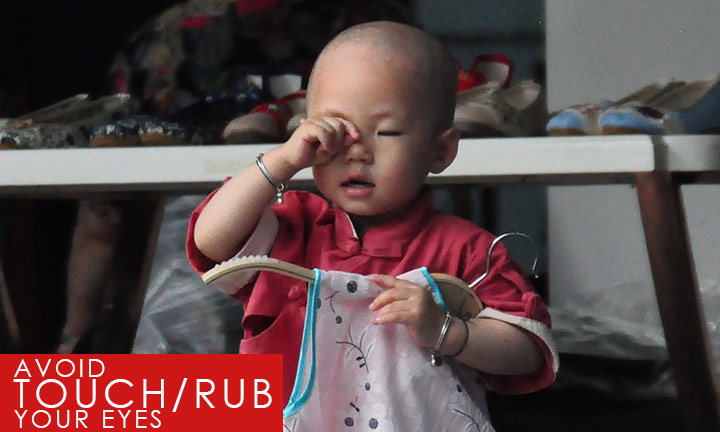
Having dirty hands is sometimes unavoidable. Certainly, there are times when you do not even realize how nasty your hands are. To not worsen eye conditions such as watery eyes, refrain from touching or rubbing your eyes.
Then again, there are moments when we unconsciously rub an itchy eye. So as much as possible, avoid doing these especially when you are sure your hands are not that clean.
Use eye drops.
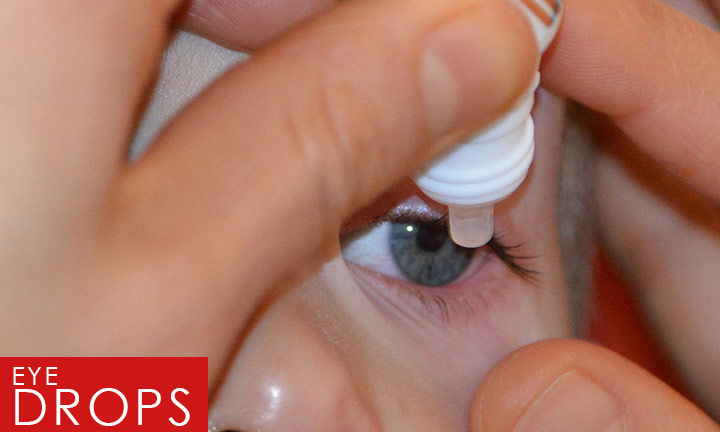
If dry eyes is the cause of your excessive production of tears, you may use prescription or over-the-counter eye drops. The eye drops act as an artificial tear. Hence, keeping your eyes moist and properly lubricated. Eye drops can also help wash off any external objects, such as dust and sand.
Replace your eyeliner and mascara regularly.
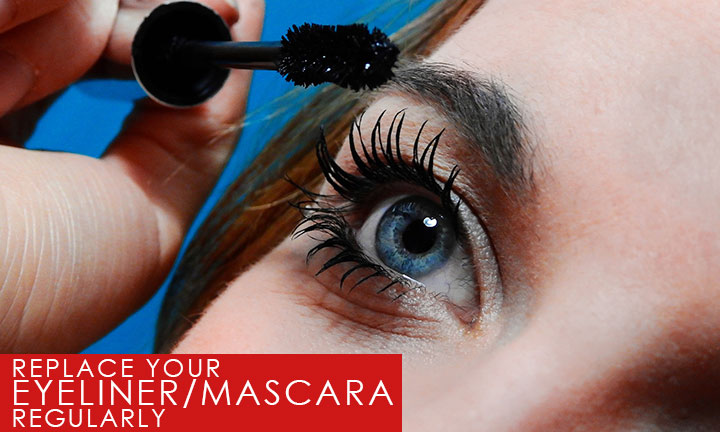
The expiry date should not be the only factor when deciding whether or not to get rid of makeup products. Most beauty products, particularly the ones that can possibly put you at risk of infections have a specific shelf life.
For instance, it is recommended to throw away mascaras that are already opened and used for six months.
This can lessen your chances of having eye infections, which then lead to watery eyes.
Keep your contact lenses clean.
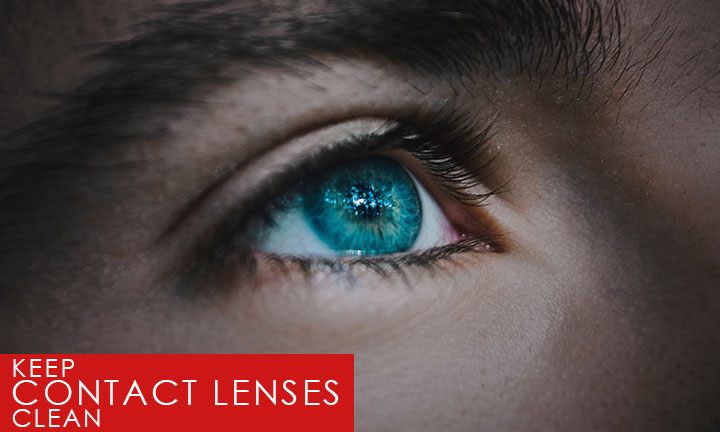
Dirty contact lenses can cause serious eye problems. Therefore, it is important to clean and disinfect your contacts before you wear them. It is also necessary to use the correct cleaning solution for your contacts, instead of tap water, saline solution, and wet wipes.
Practice proper eye care.
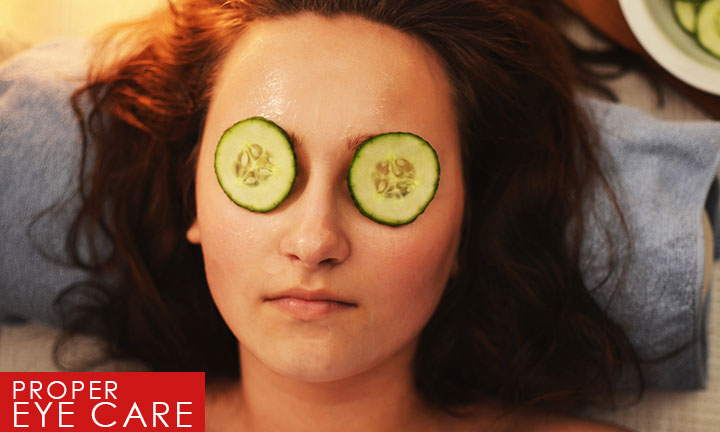
Prevention is always better than cure. Even though watery eyes is mostly not life-threatening, practicing proper eye care to avoid this condition is still important. If you have allergic conjunctivitis, avoid exposing yourself from the things that trigger your immune system to react poorly.
To know more about how to properly care for your eyes, click here.
When to call your doctor:
In some instances, watery eyes is a symptom to a more serious condition. Check with your eye doctor if you experience the following:
– Reduced vision
– A foreign body sensation
– Watery eyes and eye pain
– Unexplained tearing for a long period of time
– Watery eyes that are red, swollen, and with discharge
References:
Why Are My Eyes Watery? (https://www.webmd.com/eye-health/watery-eyes-causes#)
Watery Eyes https://www.mayoclinic.org/symptoms/watery-eyes/basics/causes/sym-20050821
What’s Behind Watery Eyes? https://www.everydayhealth.com/vision-center/the-healthy-eye/watery-eyes.aspx
Watering Eyes https://www.nhs.uk/conditions/watering-eyes/
Why Are My Eyes Watery? https://www.webmd.com/eye-health/ss/slideshow-watery-eyes-causes
Watery Eyes https://www.eyeinstitute.co.nz/about-eyes/a-to-z-of-eyes/symptoms/watery-eyes

Leave a Reply
You must be logged in to post a comment.